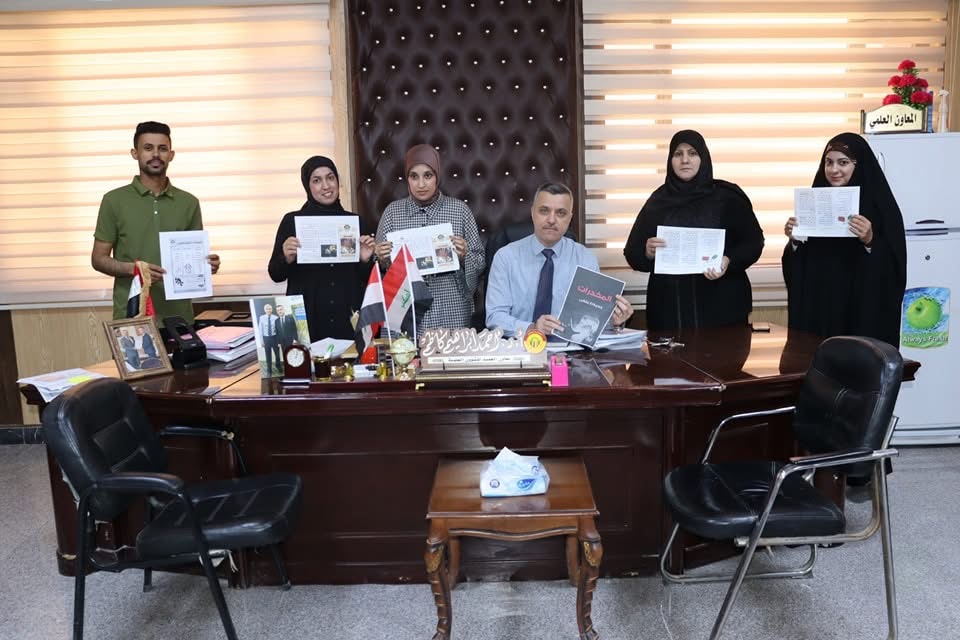Wasit University discusses PhD thesis on the study of the effect of intestinal venom derived from clinical staphylococcus insulation on the NF-KB transcription factor and the expression of the p53 gene in rabbits
[vc_row] [vc_column] [vc_column_text]. The Faculty of Science at Wasit University discussed a Doctoral thesis on the study of the effect of intestinal venom derived from clinical staphylococcus insulation on the NF-KB transcription factor and the expression of the p53 gene in rabbits. Intestinal toxins stimulate the immune system by linking it to complex tissue compatibility on the one hand and on the other hand it is associated with T cell receptors and thus the production of many cytokines, chemokines. The study included the isolation, diagnosis and purification of type A intestinal poison through the use of chromotocarvia technology. The study recommended measuring the rate at which small nucleus (micronucleus) were formed by the effect of intestinal poison type Aupint, recent studies show that intestinal toxins do not cause small nuclei, but NFKB is responsible for the formation of small cores because it acts as antipopatotic. The results thus showed a moral difference (p=0.01) at a rate of small cores in the treatment group when compared to the control group.



5 Majid Al-Quraishi and 4 other people CommentI liked the comment
[/vc_copn_text] [/VC_COLUXN] [/vc_row]
Related









